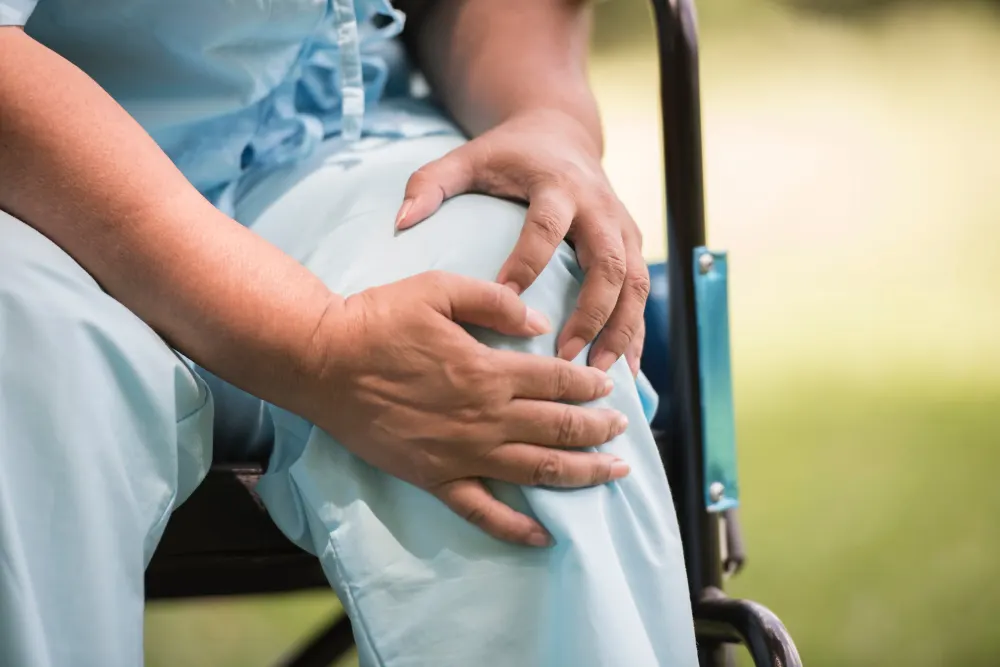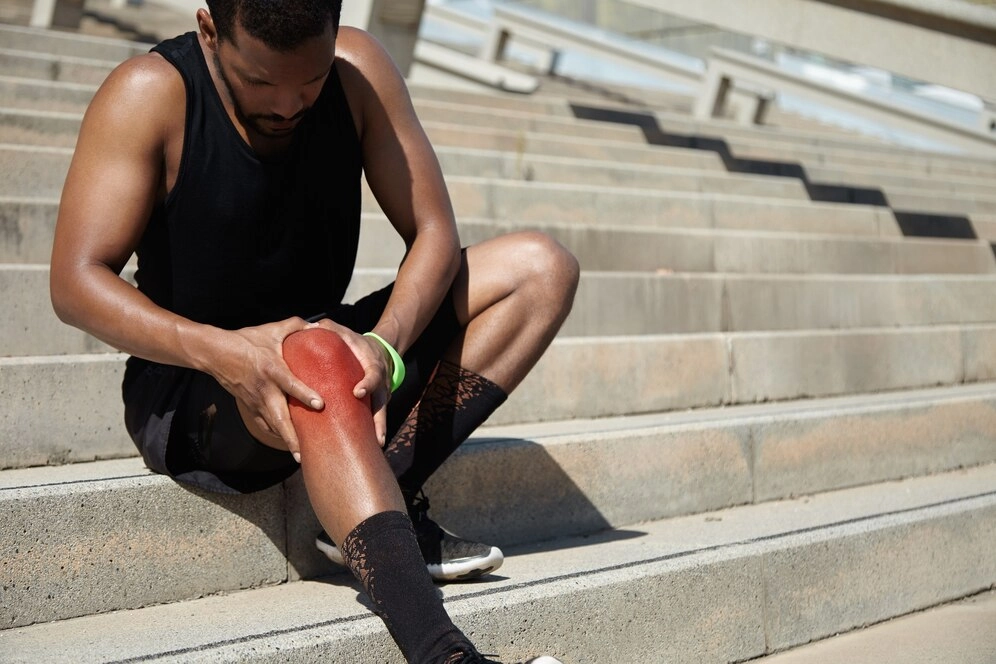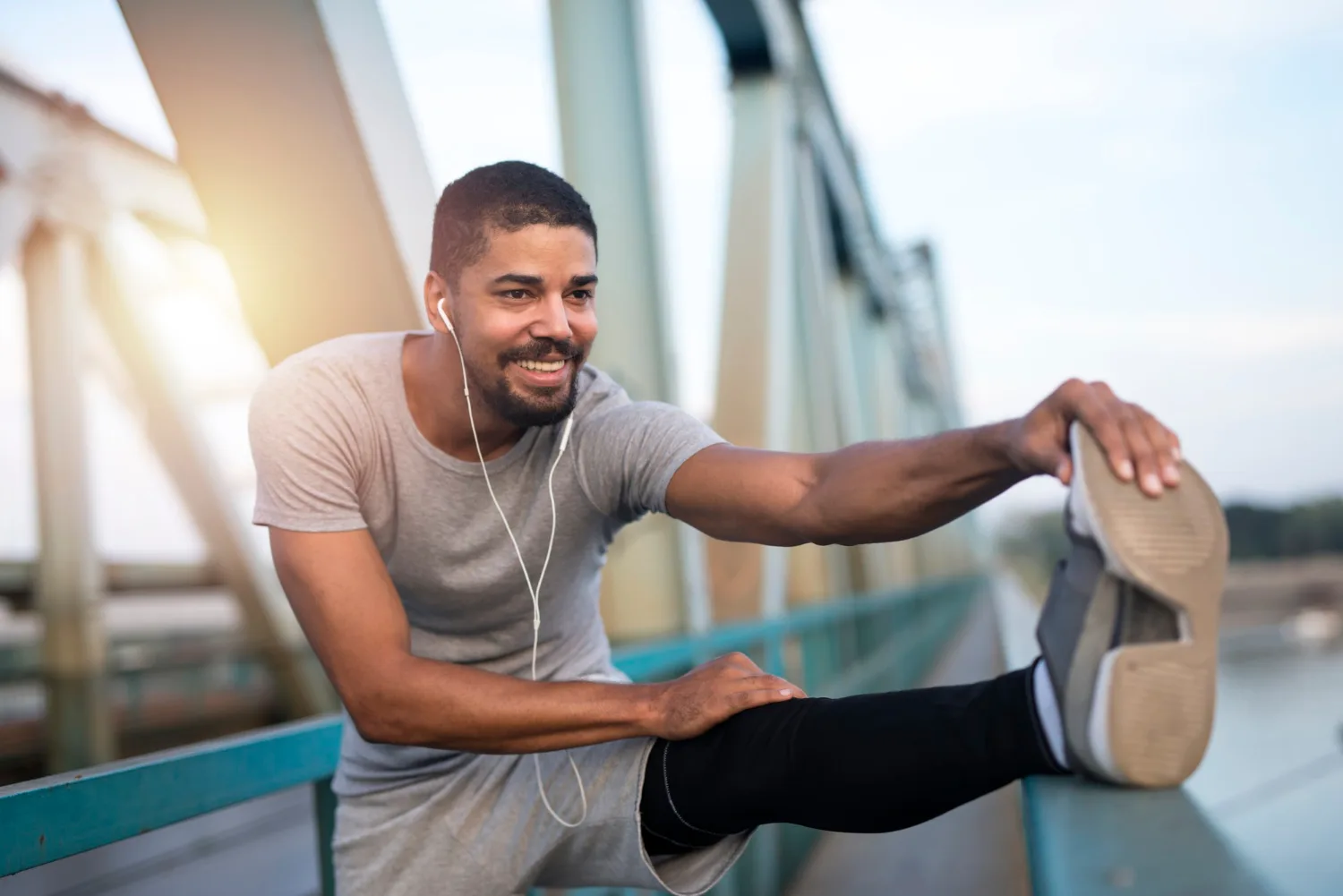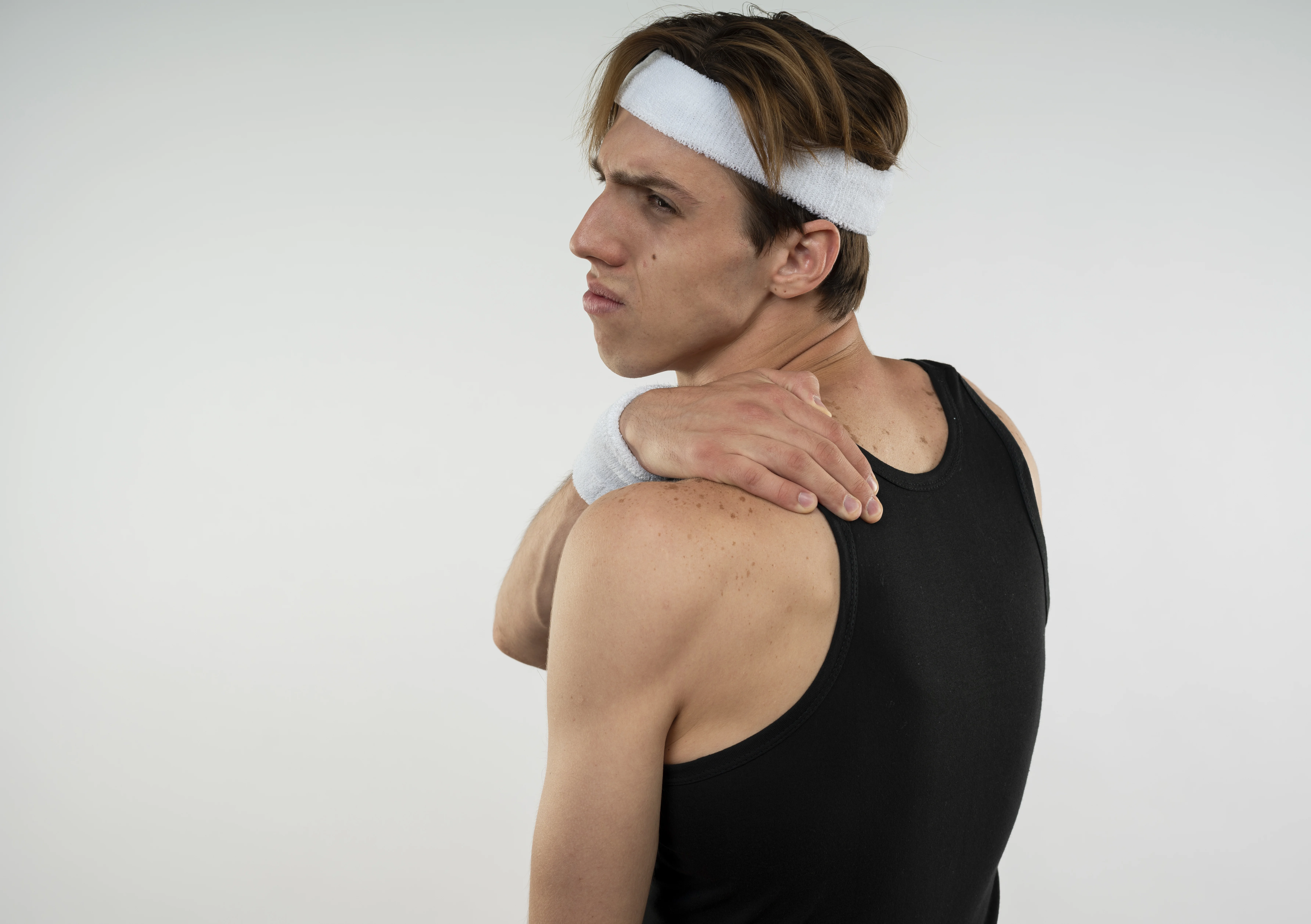How To Prevent Stiffness After Knee Replacement Surgery
Category: Orthopedics
Knee replacement surgery is a transformative procedure that restores mobility and relieves chronic joint pain. However, one common postoperative concern is joint stiffness — a complication that can affect long-term outcomes if not managed properly. Fortunately, stiffness can be prevented with the right care strategies starting from day one after surgery.
In this blog, we explore proven tips to prevent stiffness, ensure optimal range of motion, and support your road to full recovery.
What Causes Knee Stiffness After Replacement Surgery?
Stiffness post-surgery often results from a combination of factors such as scar tissue formation, lack of early movement, swelling, or not following the prescribed physiotherapy routine. It may also stem from pre-existing conditions like diabetes, arthritis, or limited mobility before the surgery.
Timely intervention and a structured recovery approach play a key role in overcoming or preventing this issue.
Effective Ways to Prevent Knee Stiffness
1. Start Moving Early
Begin gentle movement and walking with support as advised by your surgeon, usually within 24 hours after surgery. Early mobilization keeps the joint flexible and reduces stiffness risk.
2. Commit to Physical Therapy
A guided physiotherapy program is essential. Therapists use a combination of stretching, strength-building, and mobility exercises tailored to your condition.
3. Use a Continuous Passive Motion (CPM) Machine
A CPM machine helps move your knee joint slowly and continuously without effort on your part. It promotes joint flexibility and prevents internal scar tissue build-up.
4. Control Swelling and Inflammation
Applying ice packs and elevating the leg help reduce swelling — a major contributor to stiffness. Follow your pain management and anti-inflammatory medication schedule.
5. Don’t Skip Home Exercises
Rehabilitation doesn't end at the hospital. Regular at-home exercises ensure you don’t lose the range of motion gained during physiotherapy.
6. Maintain Good Nutrition and Hydration
A healthy diet and adequate fluid intake support tissue healing and muscle function, both critical for mobility.
7. Avoid Sitting for Long Periods
Prolonged inactivity stiffens the joint. Get up, walk around, and stretch every hour during the day.
Why Choose Lokmanya Hospital for Knee Replacement Recovery?
Lokmanya Hospital is a leading hospital for knee replacement and post-operative rehabilitation, trusted for its cutting-edge orthopedic care and superior recovery outcomes. We are known as one of the best hospitals for joint replacement treatment in India, offering evidence-based protocols and the latest surgical advancements.
Our post-operative care includes personalized rehab plans, expert physiotherapists, pain management specialists, and advanced facilities like continuous passive motion therapy and robotic rehabilitation. With a focus on patient outcomes, Lokmanya Hospital ensures every patient walks out stronger and more confident.
Conclusion
Preventing stiffness after knee replacement surgery is about commitment — to movement, therapy, and a healthy lifestyle. With expert care and structured rehabilitation, patients can regain full knee function and enjoy a pain-free life. At Lokmanya Hospital, we’re with you at every step — before, during, and long after surgery.
FAQs
1.How long does it take to regain full knee movement after surgery?
Typically, patients regain 90–120 degrees of movement within 6 to 12 weeks post-surgery with proper rehab.
2. Is stiffness permanent after knee replacement?
No. With early intervention and consistent physiotherapy, most cases of stiffness are reversible.
3. Can weather affect joint stiffness after surgery?
Yes. Cold or damp weather may temporarily increase stiffness, but it doesn’t impact surgical outcomes.
4. What’s the ideal range of motion after knee replacement?
Most people achieve 110–130 degrees of flexion, enough for normal activities like walking and climbing stairs.
5. When should I see my doctor about persistent stiffness?
If stiffness lasts beyond 3 months or worsens, consult your surgeon to rule out scar tissue or implant issues.
6. Does weight impact stiffness after knee replacement?
Yes. Excess weight puts strain on the joint and can delay recovery and increase stiffness risk.
7. Is yoga or stretching safe post-knee surgery?
Only after your surgeon or physiotherapist approves — usually after the initial healing period.
8. Can I drive if I feel stiff post-surgery?
Driving is safe once you regain control of leg movements — usually 4–6 weeks post-op for most patients.
9. Is revision surgery required if stiffness persists?
Only in rare cases. Most stiffness improves with aggressive physical therapy or minor corrective procedures.
10. Can mental health affect recovery and stiffness?
Yes. Anxiety and depression may affect pain perception and motivation to engage in exercises, impacting outcomes.







